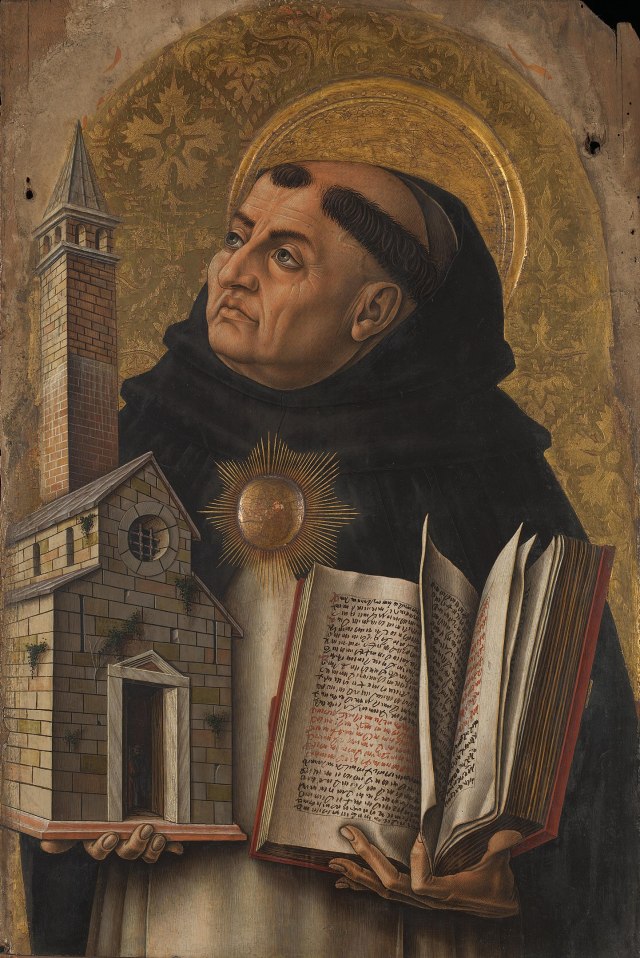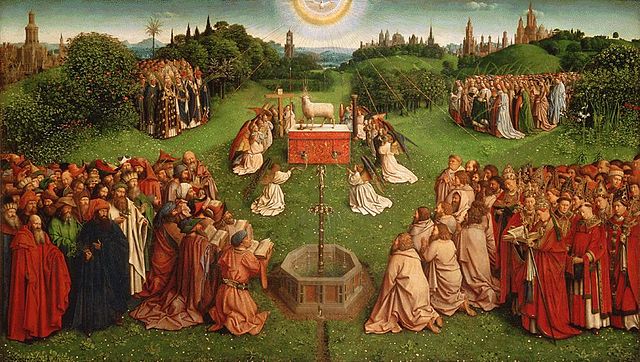
Humanistic and democratic endeavors will need to become conscious of their implied politics to survive, let alone shape the future. It is not enough to practice and restate journalistic customs of objectivity, neutrality, and balance. They need to be understood as choices with consequences for, among many other things, the reality of the populace they imagine or propose. They need to be more than defended, but actively deployed in opposition to the tendencies that prosper by undermining them. The best and most independent-minded journalism and the most ambitious and penetrating film and television productions constantly risk being nothing more than quiescent entertainment for a useless liberal intelligentsia.

It took time to understand that a liberal Midwestern city like Madison has its own scalding injustices and inequalities, all the more invisible for the city’s self-regard. And it took time to understand that these are all parts of one whole. The state made the university, and the university brought the world to the state. The city was open to migration but not to integration; it kept all the old farm-town rituals of minimization and self-effacement but put them in a new political and cultural key.

I could not help but be struck at how small we’ve allowed this rite to shrink. How much of an inconvenience or an embarrassment it can become, stashed away in a private hour or squeezed in reluctantly between the Hymn of the Day and the prayers of the church. How rote and formal the process of question and answer, how routine the process for replicating cells in the Body of Christ. More mechanical than mystical. All the significance is still there, in the words and the actions—you are being drowned and raised up to new life, you are putting off the old self and putting on Christ, you are being brought into the Ark of salvation, but let’s be sure to schedule it on a weekend Grandma can be there and let’s make sure it doesn’t run longer than seven minutes because we have a stewardship update today.

Instead, think about it the other way around. Every act of violence, and every act of adultery, started with a thought. And the act, the crime, was somewhere inside that thought. Maybe the thought popped up a thousand times before the crime came out. But every time, it was there. It was ready for our weakness. It was ready for our cooperation. It was ready for the right moment. Because our thoughts are powerful. Our minds are incredibly powerful. We can imagine a million things that won’t come about, good or bad. Only some of those things we imagine ever do.

Where the kings of the world are carried to church for their coronation, Jesus is forced to march to the place of the skull. Where the kings of the world are cheered, Jesus is mocked. While the earthly king is invested in royal robes, Jesus’s clothes are stripped from him and divided up by soldiers. The kings of the world are seated on thrones and given scepters and crowns that represent their power. Christ is raised up on a cross. Which is not just an instrument of painful execution, but an instrument of abject humiliation. Roman citizens could not be crucified.

The world is not a puzzle to solve. It’s a family to love. So much will change about our world, so rapidly. There will indeed be massive migrations and changing weather patterns and crises we can’t anticipate. We will be tempted over and over to yield to denial or despair—to fool ourselves or to refuse to look foolish. To be ridiculous or to be cynical. But Jesus shows us, and tells us, how to love the very thing we cannot preserve.

And maybe that’s true! Maybe people really don’t need a forty-year-old suburban dad in a uniform to show up and recite a script when you may only have a few hours or days to live. To stand outside the hospital and pray for you in case you don’t have anyone else to do it. “Deliver your servant.” Part of me hopes it’s true, that no one needs that, because it’s certain that few people get it.
Today you go in boats and you cast your nets and you catch fish for the market. Tomorrow you will go by foot and cast the net of your words and your deeds and you will gather people for the kingdom of God. Today you mend nets. Tomorrow you will mend hearts and bodies. Today you scrape and scheme and struggle to have something you can sell. Tomorrow you will scrape and scheme and struggle to have something to give away.
This is why Christian faith is distinct among religions. It’s not, first and foremost, a list of rules to follow or rituals to practice or beliefs to hold. Though we do have rules, rituals, and beliefs. But Christian faith is, first and foremost, about an event. All the rules and rituals and beliefs spread out around that event: the Word of God, with God and of one being with God before all time, became flesh and pitched its tent among us in the person of Jesus of Nazareth.


